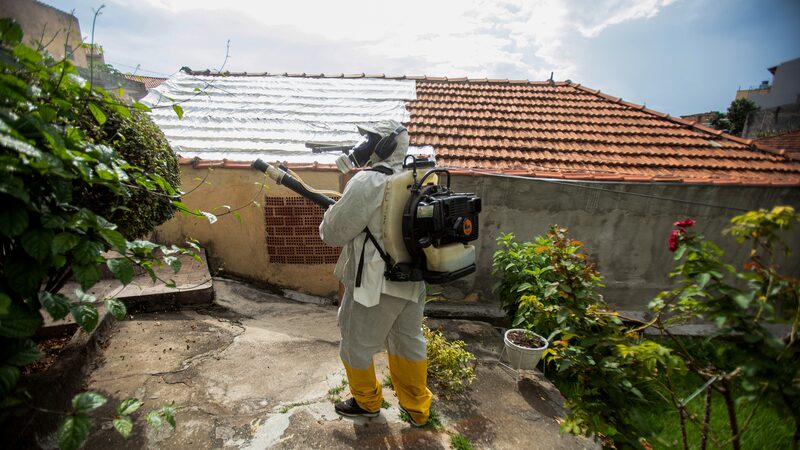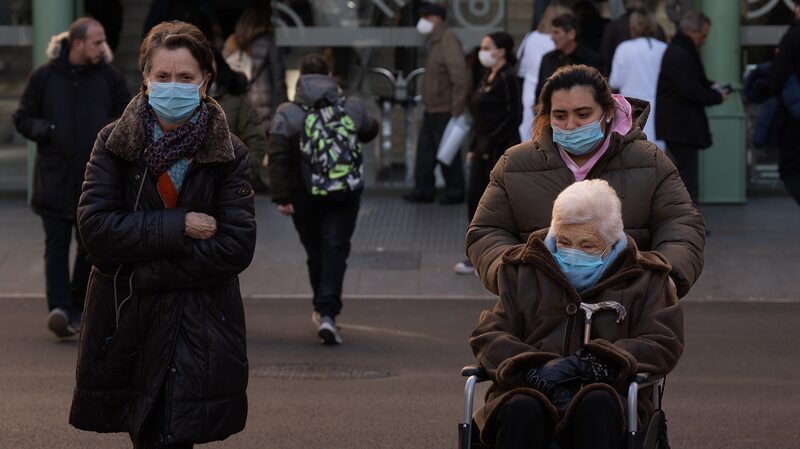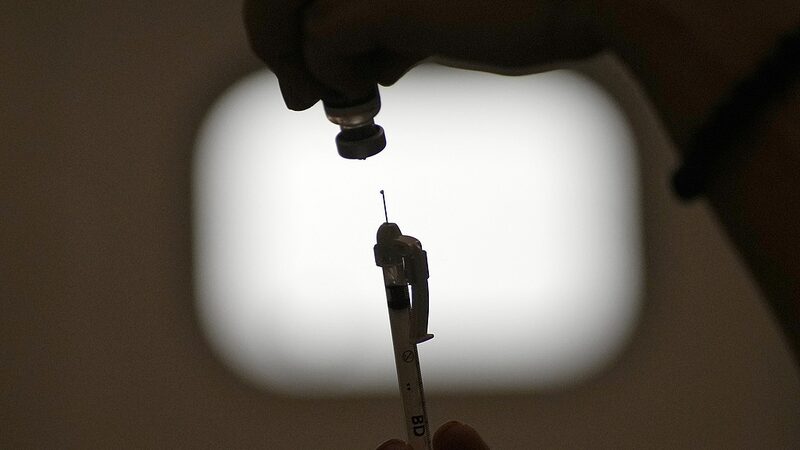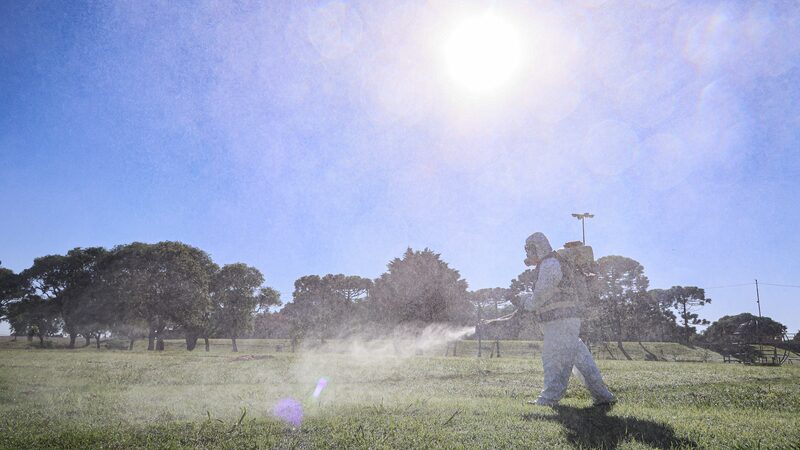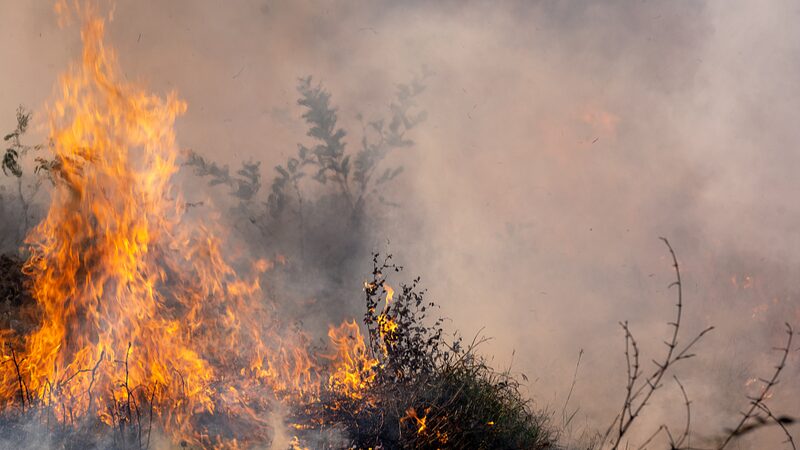Brazil has experienced a sharp increase in dengue fever cases this year, with health officials reporting nearly 5,000 deaths and over 6.4 million probable cases as of Thursday. The alarming figures highlight the severity of the outbreak and its impact on the country.
The states most affected by the epidemic are Sao Paulo, Minas Gerais, and Parana, according to the latest data released by Brazil’s Ministry of Health. These regions have seen the highest concentration of cases, putting pressure on local healthcare systems and prompting nationwide concern.
Dengue fever is an acute infectious disease caused by the dengue virus, primarily transmitted by mosquitoes. The disease is prevalent in tropical and subtropical areas worldwide, posing a significant health risk to populations in similar climates. Typical symptoms include persistent fever, headaches, muscle pain, nausea, and rash, which can escalate to severe complications if not promptly addressed.
The spike in cases serves as a stark reminder of the global challenges posed by mosquito-borne diseases. As dengue fever remains endemic in many parts of Asia, the situation in Brazil underscores the importance of vigilance, preventive measures, and international cooperation to combat the spread of the disease.
Public health officials are urging communities to take proactive steps to eliminate mosquito breeding sites and to stay informed about preventive strategies. The Brazilian government’s response highlights the critical need for awareness and preparedness in regions susceptible to dengue outbreaks.
Reference(s):
Brazil reports over 4,900 deaths due to dengue fever in 2024
cgtn.com
